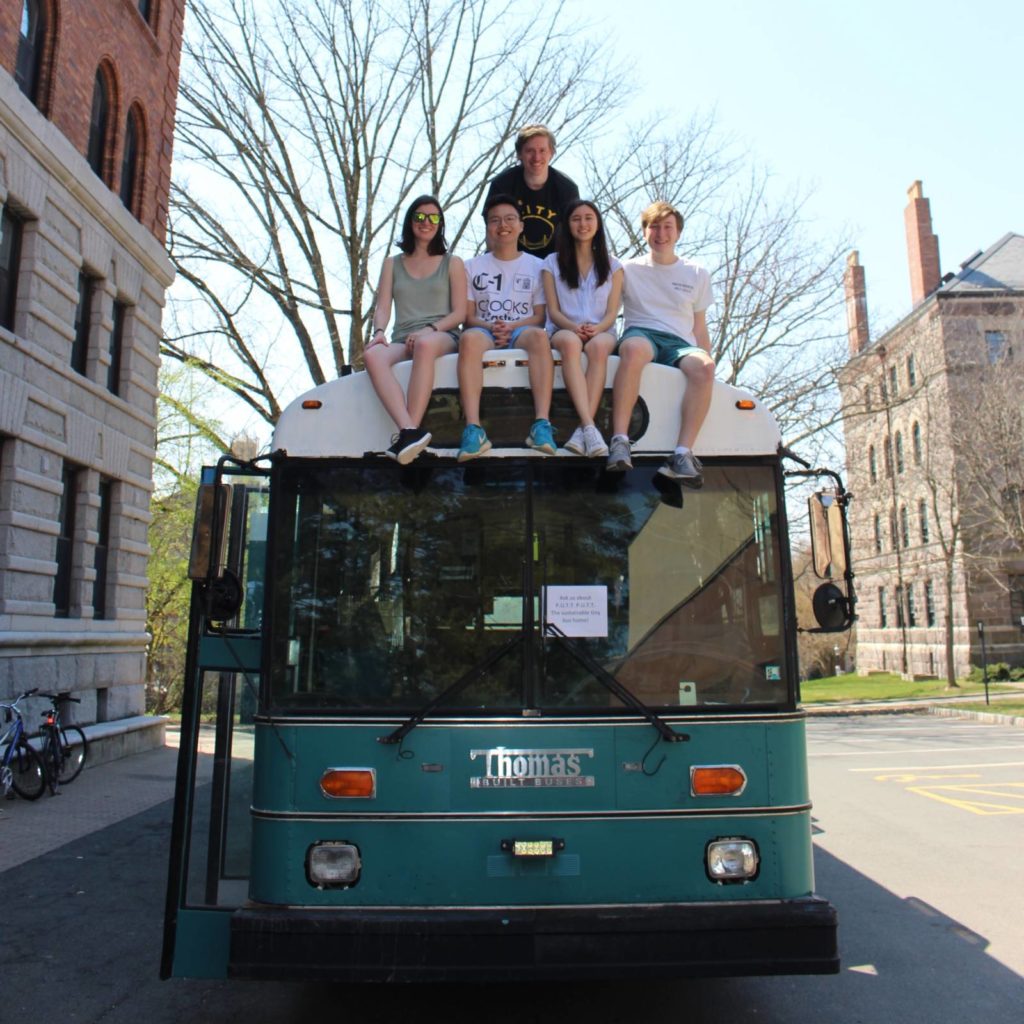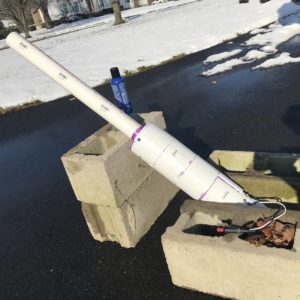Like most engineering students, I have spent almost two years at Princeton learning the fundamental theory of my field. While the material is interesting, it can be difficult to imagine how the concepts can lead to practical applications in engineering, and some of the basics can begin to seem useless in the real world.
Thermodynamics is one of the fundamental Mechanical and Aerospace Engineering (MAE) courses. It explores heat transfer and the relationship between heat and other types of energy. When I took the course last semester, I spent a large amount of time learning about heat pumps—cycles that move heat against its gradient (the way it “wants” to flow) from an area of low temperature to an area of high temperature. This process explains how comfortable temperatures are maintained in most living spaces. While the general application of the theory was clear to me, it seemed as if it would never be relevant to me. Fairly efficient air conditioners and heaters already exist and are unlikely to undergo a major overhaul in the near future, so why spend so much time learning the minutiae of how they work?

Continue reading Applying Fundamental Coursework to Research


